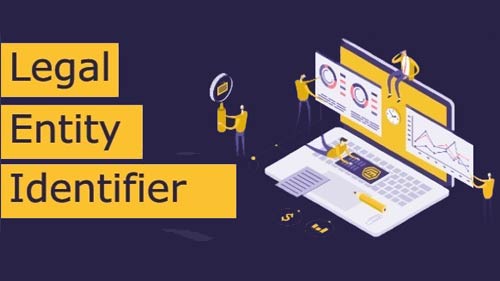
As the digital economy continues to evolve, the LEI is becoming increasingly important in facilitating cross-border trade and commerce. By having an LEI code, companies can participate more fully in the global economy and benefit from the opportunities it offers.
The digital economy has changed the way companies interact with each other, their customers, and suppliers. Trade is happening around the clock, 24/7, across borders at unprecedented speed and scale. The ‘internet of things’ concept gathers together a variety of products that connect to the internet or through it, making all kinds of services available in real-time.
In this digital economy, the Legal Entity Identifier (LEI) plays a critical role in enabling companies to transact with each other quickly and securely. The LEI is a unique 20-character code assigned to legal entities that participate in financial transactions. It helps identify companies and their owners, making it easier for banks and other financial institutions to conduct business with them.
The LEI is also used to identify counterparties in over-the-counter (OTC) derivatives transactions and in other trades where the identity of the parties involved is not always clear. In this way, it helps reduce the risk of financial crime and protect the integrity of the financial system.
Provide a common global standard for legal entities
LEIs are used across multiple sectors to track and manage over 170 million unique entities globally, ensuring that the data being used is consistent. LEI codes are currently managed by SWIFT using ISO 17442, which ensures they are secure, stable, unambiguous, and available in perpetuity when needed.
Provide a global reference point for entities
An LEI is a 20-character, alphanumeric code that uniquely identifies each legal entity in the world. This makes it an essential tool for tracking entities on a global scale and helps ensure that data is accurately attributed to the correct party. LEI code registration and renewal is regarded to be an essential element for the companies as per the GLIEF.
Help reduce risk and prevent fraud
LEIs provide a solid foundation for data integrity as part of an effective KYC process, through the use of unique identifiers that enable processes such as client onboarding to be performed consistently across sectors. The benefits are threefold: reduced costs associated with errors in information; reduced time to identify and mitigate risks; and a decrease in the likelihood of fraud.
Improve efficiency and transparency in financial markets
The accurate identification of participants in the financial markets is essential for ensuring efficient and transparent transactions. By reducing the need for manual checks, LEIs help to speed up the process of completing transactions, while the transparency they provide helps investors to make informed decisions.
LEIs facilitate data sharing between organizations
The sharing of data is essential for the smooth functioning of a digital economy, yet it can be difficult to ensure that the right data is shared with the right people securely. The use of LEIs as identifiers facilitates the sharing of data between organizations, as it is easy to verify the identity of the recipient and ensure that the data is being sent to the correct place.
It helps reduce costs for businesses
Businesses that operate in a digital economy can benefit from using LEIs to streamline their processes and reduce costs. By automatically identifying the correct counterparty, reducing the need for manual checks, and speeding up transactions, LEIs can help to reduce costs, increase efficiency and improve business relationships.




